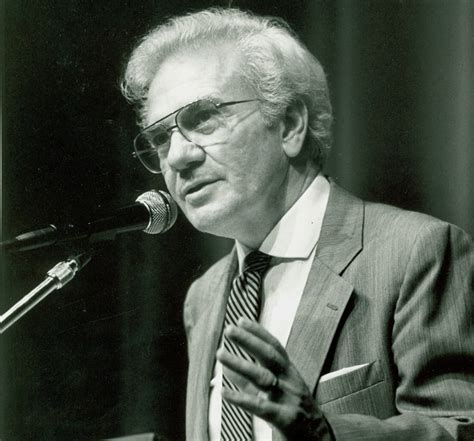A Quote by Michael Morpurgo
Children have to be motivated to want to learn to read. Reading must not be taught simply as a school exercise.
Related Quotes
I didn't want to teach my kid how to read, so I used to read to him at night and close the book at the most interesting part. He said, “What happened then, daddy?” I said, “If you learn to read, you can find out. I'm too tired to read. I'll read to you tomorrow.” So, he had a need to want to learn how to read. Don't teach children how to read. Don't teach them mathematics. Give them a reason to want it. In school, they're working ass-backwards.
So often we think, well, kids learn to read at school, I don't have to be responsible for that. But in fact they learn to love reading at home, and therefore it's really important that we as parents preserve the joy of reading by supporting them and reading things that speak to their hearts, books that they love.
We have an obligation to read aloud to our children. To read them things they enjoy. To read to them stories we are already tired of. To do the voices, to make it interesting, and not to stop reading to them just because they learn to read to themselves. Use reading-aloud time as bonding time, as time when no phones are being checked, when the distractions of the world are put aside.
Children in home-school conflict situations often receive a double message from their parents: "The school is the hope for your future, listen, be good and learn" and "the school is your enemy. . . ." Children who receive the "school is the enemy" message often go after the enemy--act up, undermine the teacher, undermine the school program, or otherwise exercise their veto power.

































